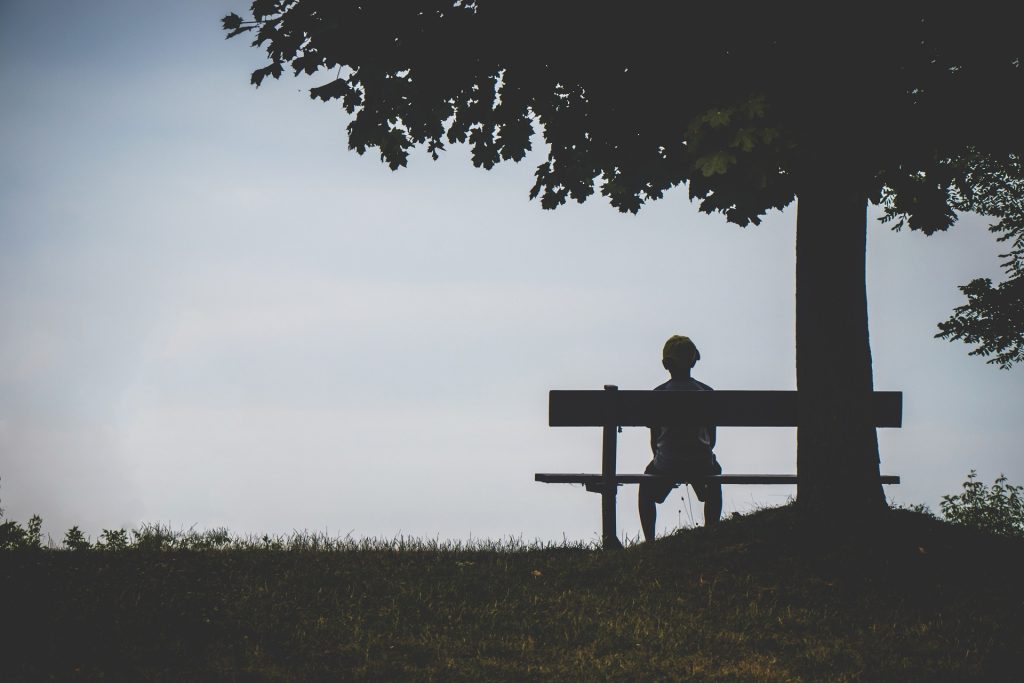Context:
WHO identified ‘loneliness’ as a serious global health threat with mortality effects comparable to smoking 15 cigarettes a day.
Key highlights:
Definition:
Loneliness is feeling alone and disconnected from others, even when surrounded by people. It’s a sense of emptiness or isolation.
- An estimated one in four older people experience social isolation, and between around 6 to 15% of adolescents experience loneliness.
- Loneliness has serious impacts on mental and physical health, longevity, and quality of life.
- There are various reasons such as obesity, smoking, and lack of physical activity for increasing the risk of loneliness.
- Around 15% of adolescents and 25% of older people worldwide experience loneliness, with figures potentially underestimated.
Impacts:
• Health Impact:
- Loneliness is associated with severe health consequences, including a higher risk of stroke, anxiety, dementia, depression, and suicide.
- Loneliness is associated with a 50% increased risk of dementia and a 30% increased risk of coronary artery disease or stroke in older adults.
- Loneliness contributes to mental health issues such as decreased confidence, hopelessness, anxiety, tiredness, and lack of motivation.
• Economic Impact: Loneliness can lead to adverse economic outcomes, with potential consequences for education and job satisfaction.
Challenges:
- Cultural Stigma: Loneliness is often ignored or seen as a passing phase in India, and discussing mental health is stigmatized, making it difficult to address the problem effectively.
- Educated young individuals in India, despite their education, face higher unemployment and loneliness rates, indicating a structural problem in the Indian economy.
- Rising Disease Burden: Loneliness increases the risk of various diseases, adding to India’s growing burden of communicable and non-communicable diseases.
- Inadequate Healthcare Infrastructure: India’s healthcare system lacks staff, infrastructure, and budget, complicating the response to the loneliness epidemic.
Dealing with Loneliness: Way Forward
- Self-Care: Develop personalized self-care rituals focusing on the mind, body, and soul.
- Reprogram Subconscious Mind: Embrace mindfulness and meditation to reprogram the subconscious mind. Seek professional help proactively when needed.
- Engage in Hobbies: Identify and participate in activities that bring joy, allocating scheduled time for hobbies like painting, pottery, photography, or trekking.
- Volunteer Activities: Dedicate time to social causes, volunteering at old age homes, orphanages, or NGOs for fulfillment.
- Rejuvenate Relationships: Foster meaningful relationships and build a support system to combat loneliness.
- Community-Based Solutions: Tackling loneliness may need community-focused strategies addressing structural inequities rather than just clinical approaches.
- Holistic Approach: Combating loneliness in India requires a multifaceted approach, including improving mental health literacy, enhancing healthcare infrastructure, and addressing social inequalities.
As loneliness gains recognition as a public health issue, India must continuously adapt its strategies to effectively support those affected by this silent epidemic. To address loneliness, the WHO initiates a commission by promoting social connections and implementing solutions globally.
Also Read:
Parliament Standing Committee submits report on Judicial process & their reforms

